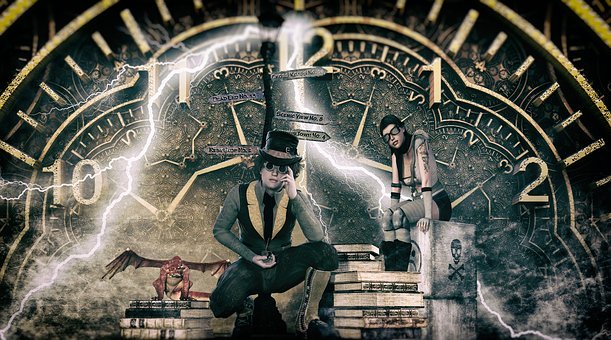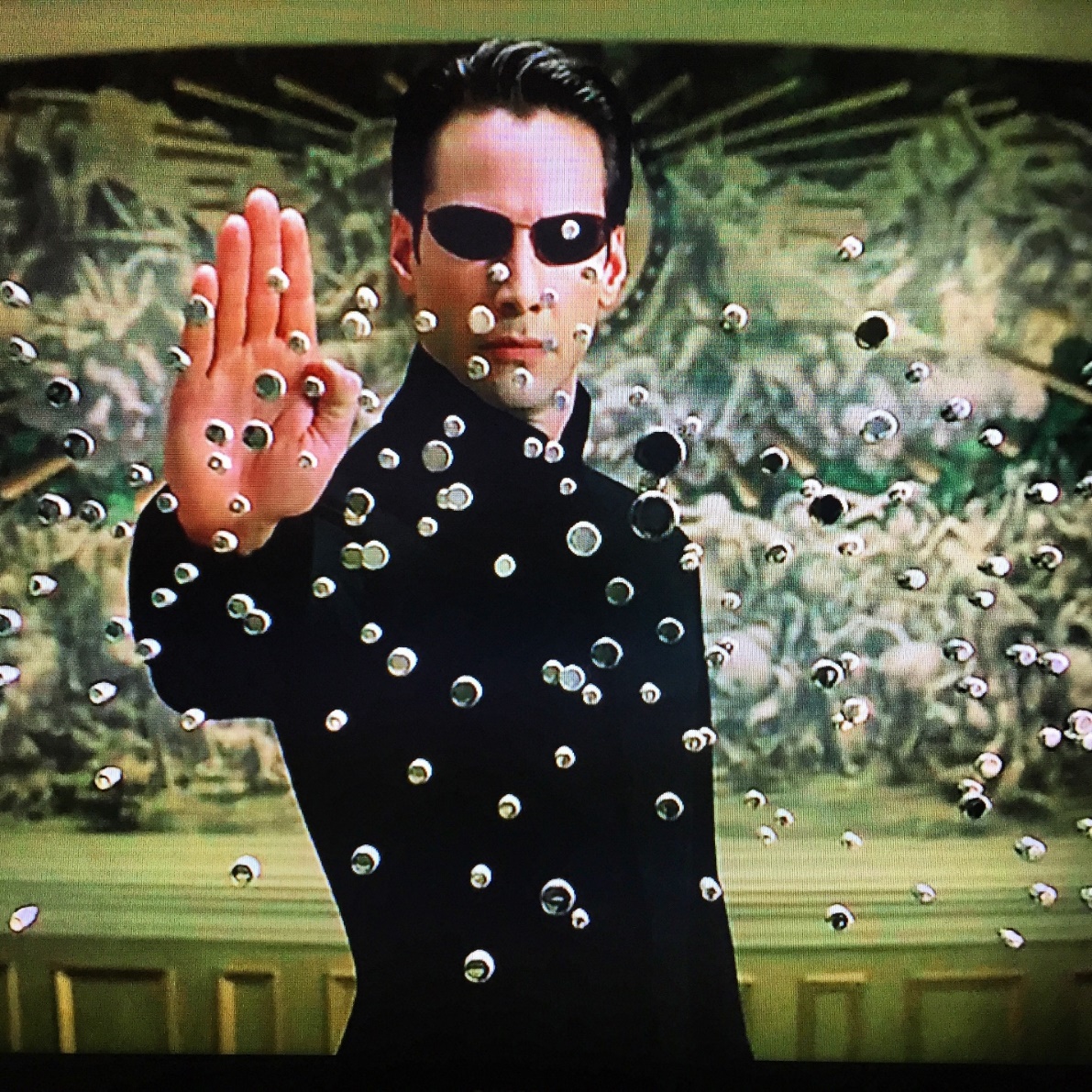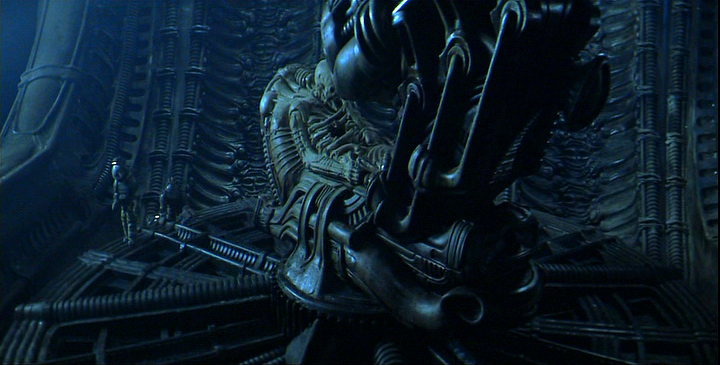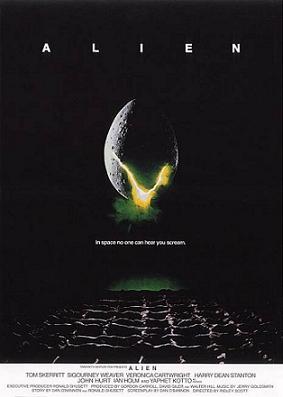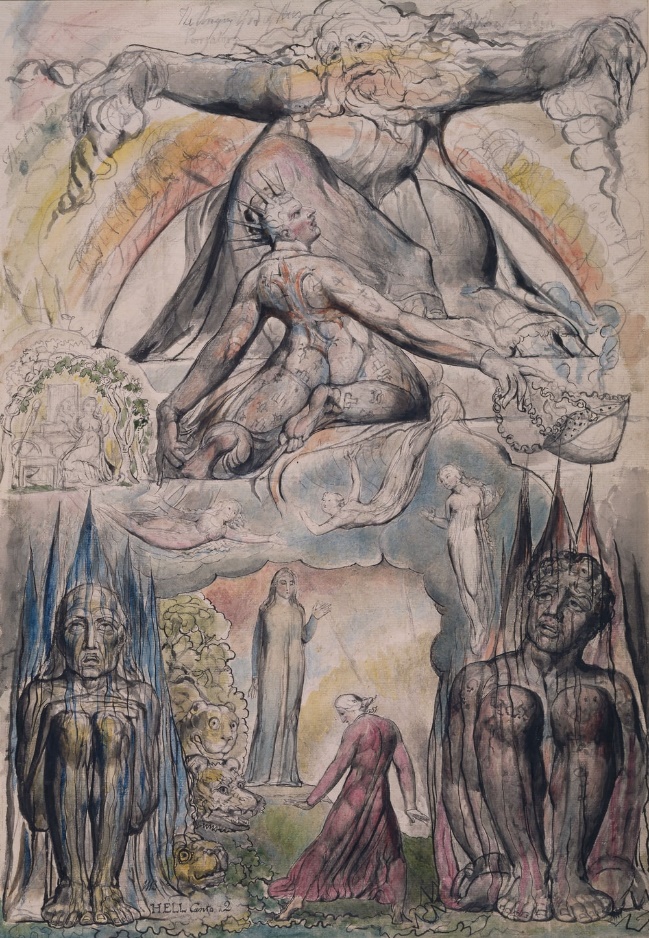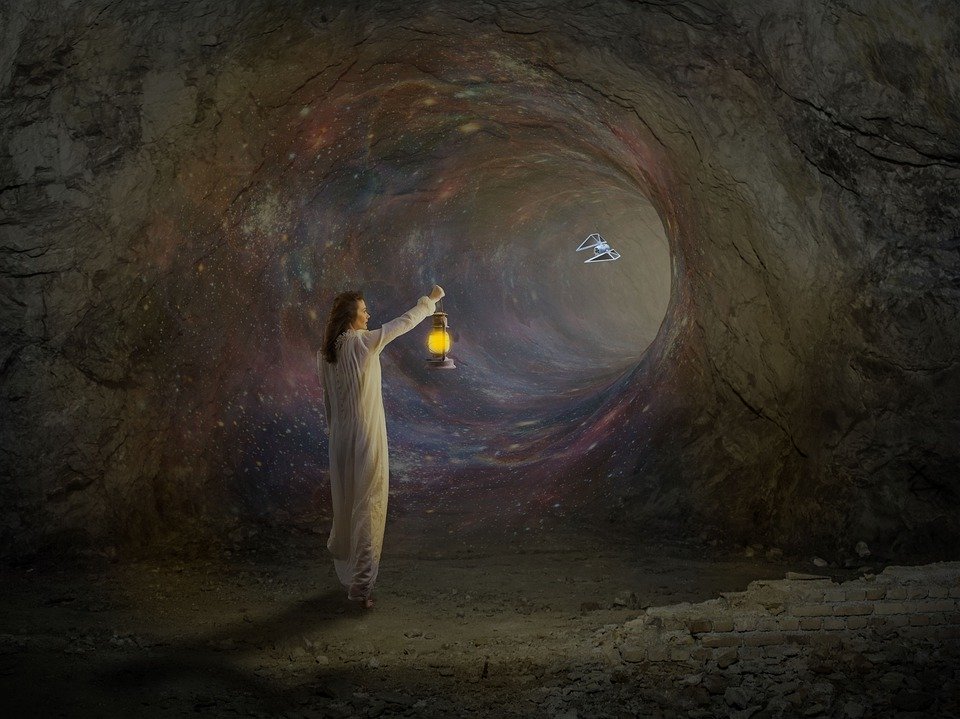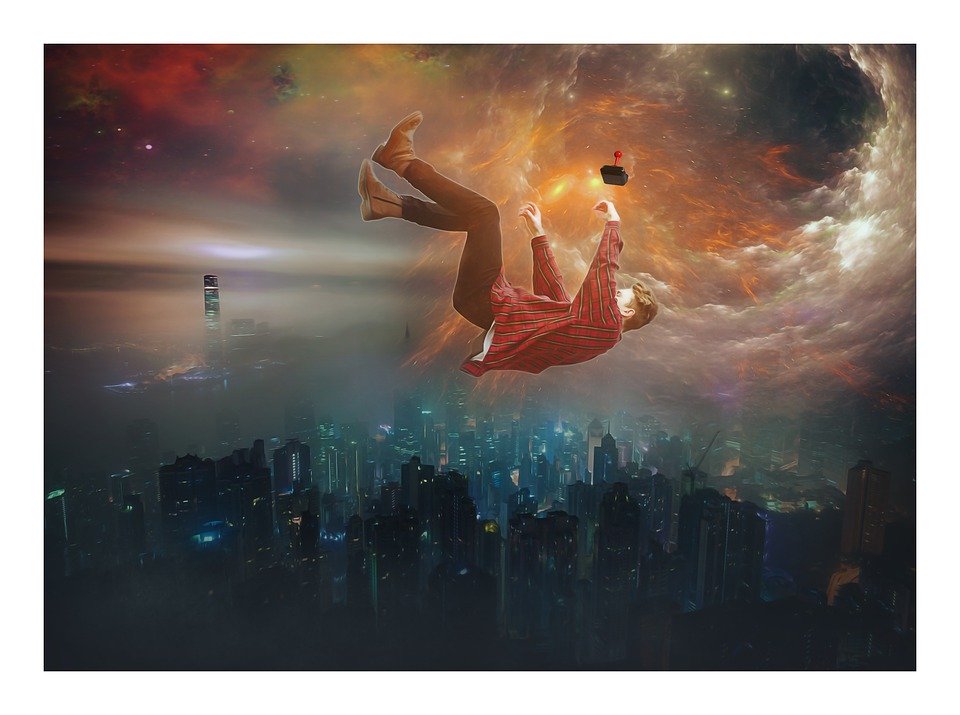
Like many other customs, we take marriages for granted. It’s just something that happens, right? But how did it begin? Who were the first people to get married? Have people gotten married since the beginning of time?
Earliest Marriages: Marriage of Convenience
Marriage is the institutionalized name given to consummation—and a convenience in the legal sense, since it reduces the chances of rivalry, in an evolutionary sense. Marriage protects and propagates property rights and bloodlines. This is also validated by the fact that certain royals were expected to marry the widows of their brothers in order to protect a particular hierarchy.
Alliances
Through study of history, we can surmise that marriage was merely a matter of building alliances between two families or clans in earlier days. When humans began forming civilizations and communities, they intermarried to form stronger bonds and expand their connections. That’s how it was in the royal families as well.
Marriage and Religion
Many of us also, automatically, think of marriage as something religious. After all, only a priest reads the final vows, right? It’s usually in a cathedral or someplace religious where you get married—such as temples for Hindus and mosques for Muslims. It must inherently be a religious thing, right?

The truth is, religion entered the horizons of marriage quite late.
In Christianity in particular, it started with St. Paul, who compared Christ’s relationship to the Church as that of two married people. In 1563, the Council of Trent passed a decree on marriage.
The Universal Appeal of Marriage
The fact that something like marriage has spread throughout the world tells us that it has a universal appeal. No matter which religion you look at or which country you take into account, you find marriage. Fewer ideas have an appeal that’s so universal and so readily accepted by most people—except for hedonists maybe.
When Did People Start Marrying for Love?
You might be surprised, but it’s only recently that people started marrying for love. By “recently,” we mean a few hundred years. The idea began with French troubadours and knightly or courtly romances.
It’s not that people weren’t marrying for love prior to that—they were, but mostly for practical purposes. Romantic love, by this regard, began sometime in the Middle Ages—that is, the 11th century. Some even believe that the legend of Lancelot—who falls in love with King Arthur’s wife—has something perhaps to do with its origin.
But the most fascinating fact in all of this is the invention of Love as a concept—which is totally attributed to the French.
Why Marriage Works
One of the reasons we can conclude something like marriage works is that it serves as social glue. While many religions and customs differ over the issue of marriage—such as condoning or advocating polygamy and polyandry—they all have one common denominator: the family unit. The idea that the union—sacred, legal, or both—of two individuals cements the family is inherently pleasing to human values.
Humans are social creatures. Like other animals, we also have an obligation to bring up our children and reproduce—but perhaps unlike animals, we need a meritorious institution like marriage to give further weight to that obligation. Marriage serves this purpose.
Ask Your Own Question
Got more questions? Ask your own question or join the Get Wisdom forum to discover more hidden truths about spirituality, divine wisdom, and more.


